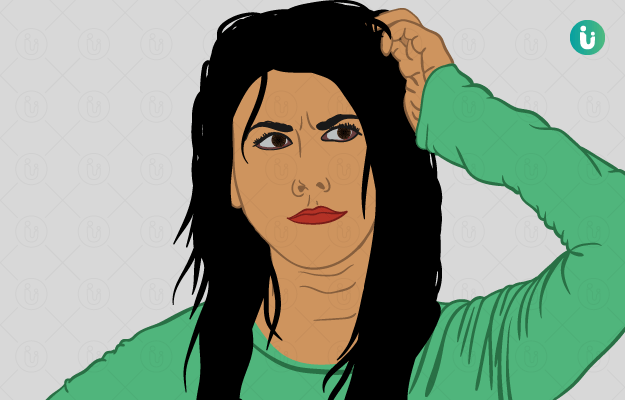What is Amnesia?
We all tend to forget, get confused or remember things incorrectly at times. It may occur due to information overload, stress, distraction or a host of other reasons. When it occurs due to a medical condition, the loss of memories, such as facts, experiences and information, is referred to as amnesia.
What are the main signs and symptoms of Amnesia?
People who suffer from amnesia are aware of themselves and their surroundings, but experience difficulty with new information. The main types of amnesia also encompass the symptoms of the condition:
- Anterograde amnesia
In this type of amnesia, there is difficulty processing and recollecting new information. - Retrograde amnesia
It is characterized by difficulty recalling past experiences and information.
Other symptoms include:
- Disorientation
- False memories, i.e., memories invented but believed to be true.
What are the main causes?
Memory is a function of the brain. When any part of the brain, especially the thalamus, hippocampus or other related structures, which are responsible for memories and emotions are affected, it results in amnesia. Some of these causes include:
- Injury to the brain.
- Stroke.
- Swelling in the brain due to infections.
- Inadequate flow of oxygen to the brain.
- Brain tumours.
- Alcohol abuse.
- Seizures.
- Medications with sedative effects.
- Brain diseases like Alzheimer’s or dementia.
- Shock or trauma.
- Stress.
How is Amnesia diagnosed and treated?
A detailed evaluation is done to check for amnesia, and also to distinguish it from other disorders like dementia or Alzheimer’s disease. These include:
- A detailed medical history to check for the nature of memory loss, its progression, triggers, family history, substance abuse, accidents and medical problems like seizures, cancer or depression. Since the memory of the person is compromised, a close family member or friend may be involved during a consultation.
- Physical examination for reflexes, balance, sensory processes and other functions of the nervous system and the brain.
- Tests for long-term and short-term memory loss, judgement, thinking and processing of general information.
- Tests for infections, seizure activity and brain damage.
In almost all cases, amnesia is irreversible or may only be partially reversible. The key lies in managing the condition since complete treatment is not possible. The frequently employed treatment strategies are given below:
- Occupational therapy focuses on developing strategies to help the person deal with new information, and use existing information and memories to build on their experiences.
- Teaching people with amnesia to use new technology can help them cope with daily activities better. This includes the use of phones, gadgets and organisers.
- Medication to regulate nutritional needs and treating any other underlying conditions can help prevent further deterioration of the condition.

 Doctors for Amnesia
Doctors for Amnesia  OTC Medicines for Amnesia
OTC Medicines for Amnesia



















